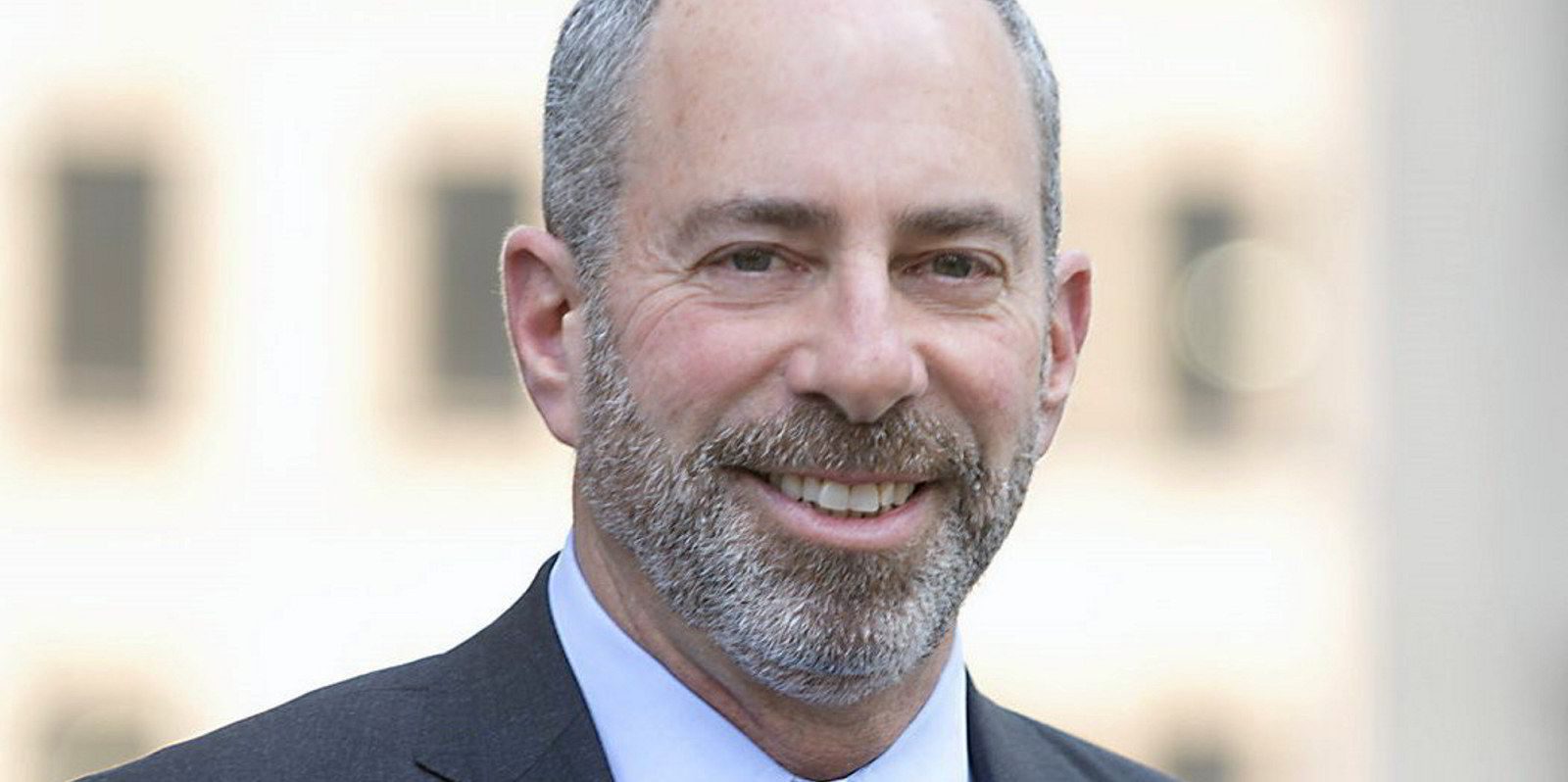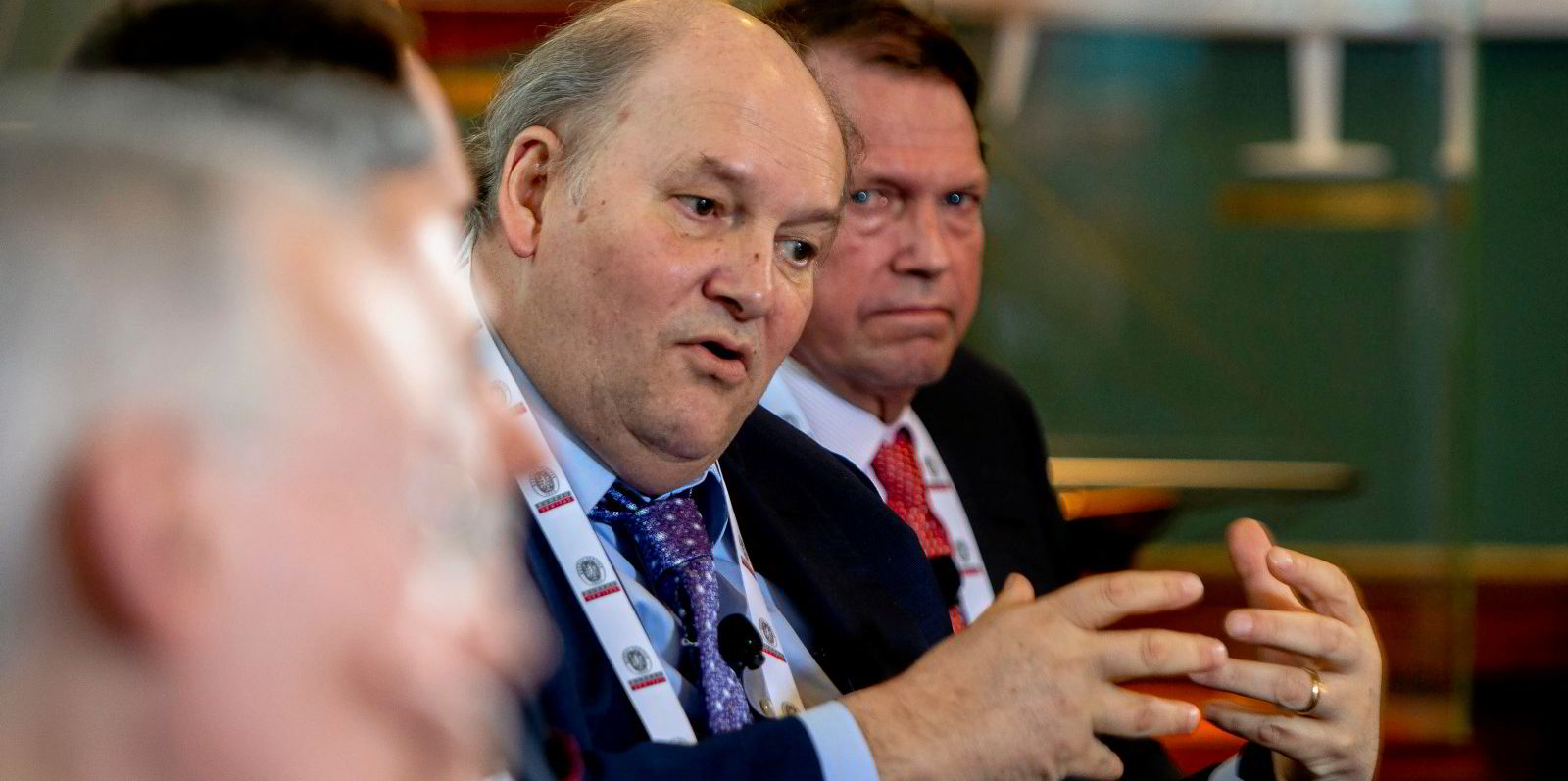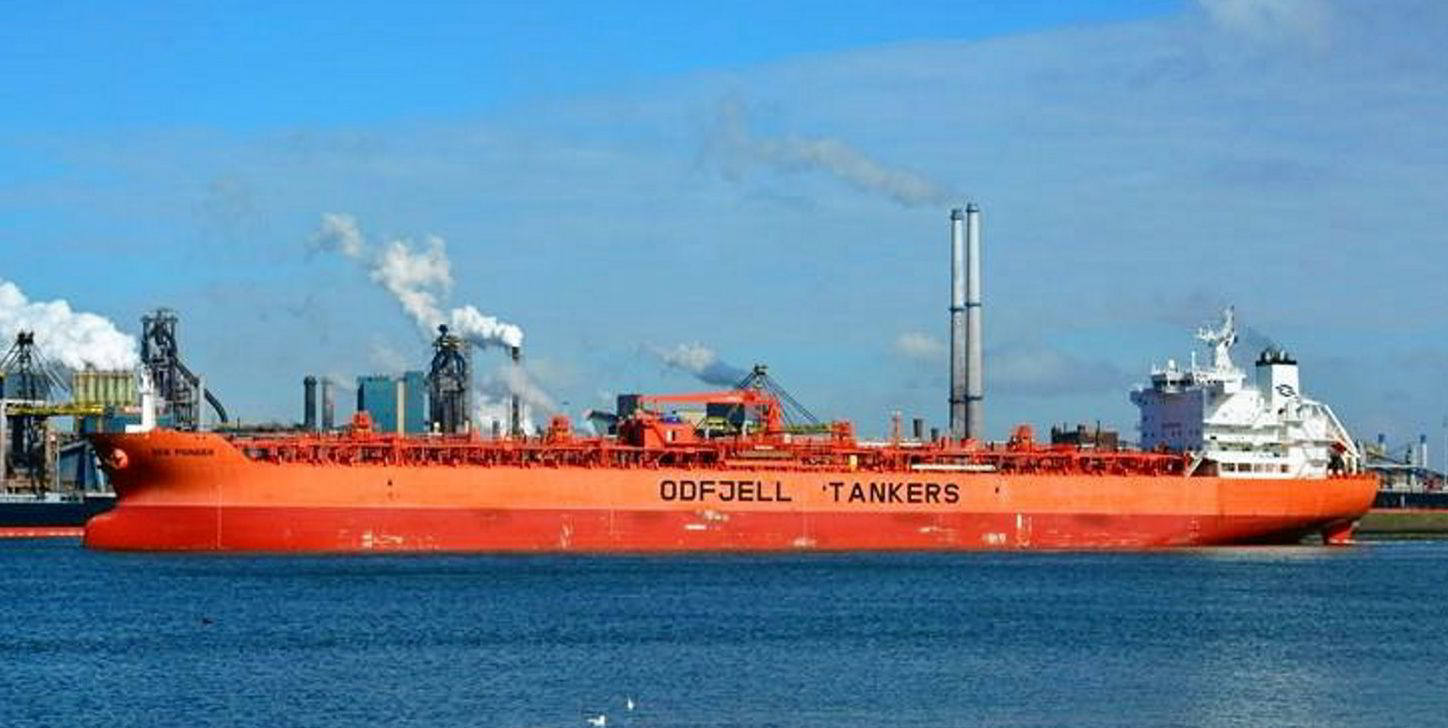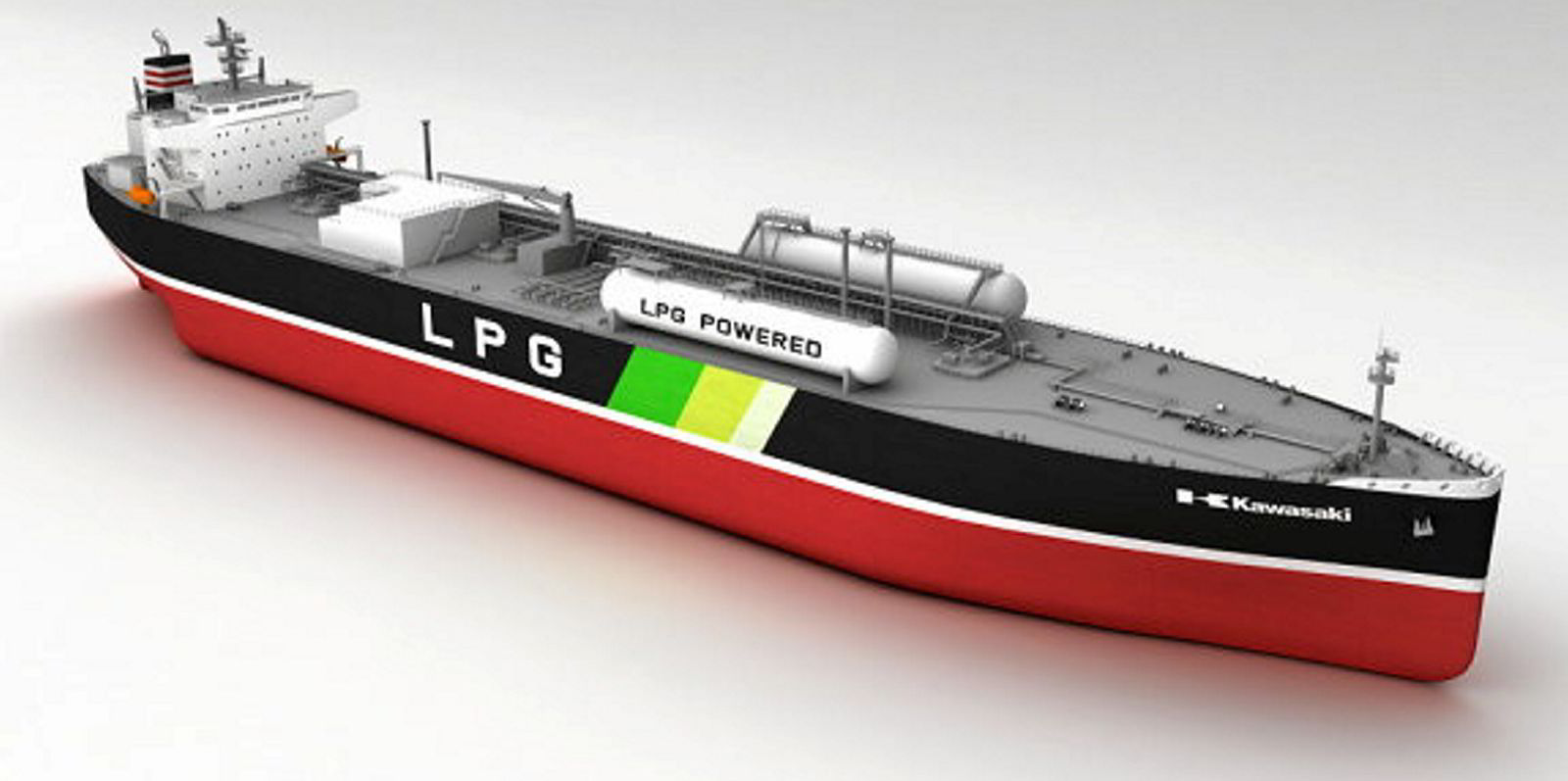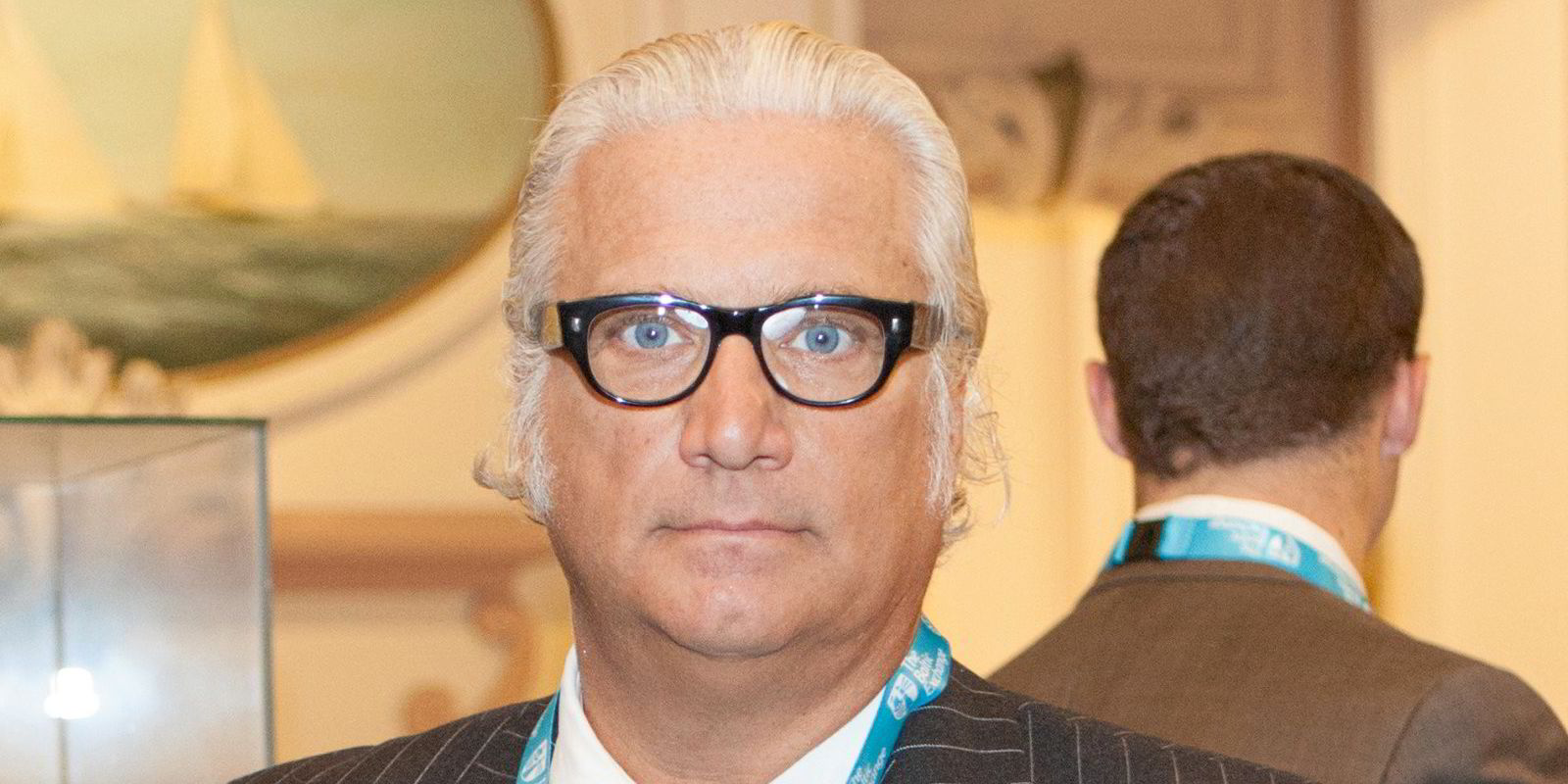Anthony Gurnee is a passionate believer in the future of the tanker industry, despite what some investors may think.
Change will be driven by efforts to decarbonise the sector, but this will be gradual, the Ardmore Shipping chief executive argues.
The company’s first separate sustainability report reveals that 25% of its cargoes for 2020 were non-fossil fuels.
Gurnee said Ardmore has no targets for this figure in the future, adding: “This is not a revolution, this is evolution, and evolution takes place over a fairly long period of time. Some investors think tankers don’t have a future because they carry oil. But they carry more than oil, is our point.”
Gurnee believes that future is tied up with the development and transport of more non-fossil fuels.
He said the industry tends to forget that the business evolves anyway.
When he started in the sector 25 years ago, product trades were a very small piece of the whole, with clean ships making up less than 10% of the world fleet. Now that figure is more than 35%.
“We think that the trend away from crude to products will continue anyway. That’s largely where refineries are being built.”
He believes demand for oil will go down, but petchem demand will probably rise, as will demand for vegetable oil, synthetic fuels, biodiesel and renewables.
The company has been asking itself what the long-term future holds for the sector.
Moving away from fossil fuels
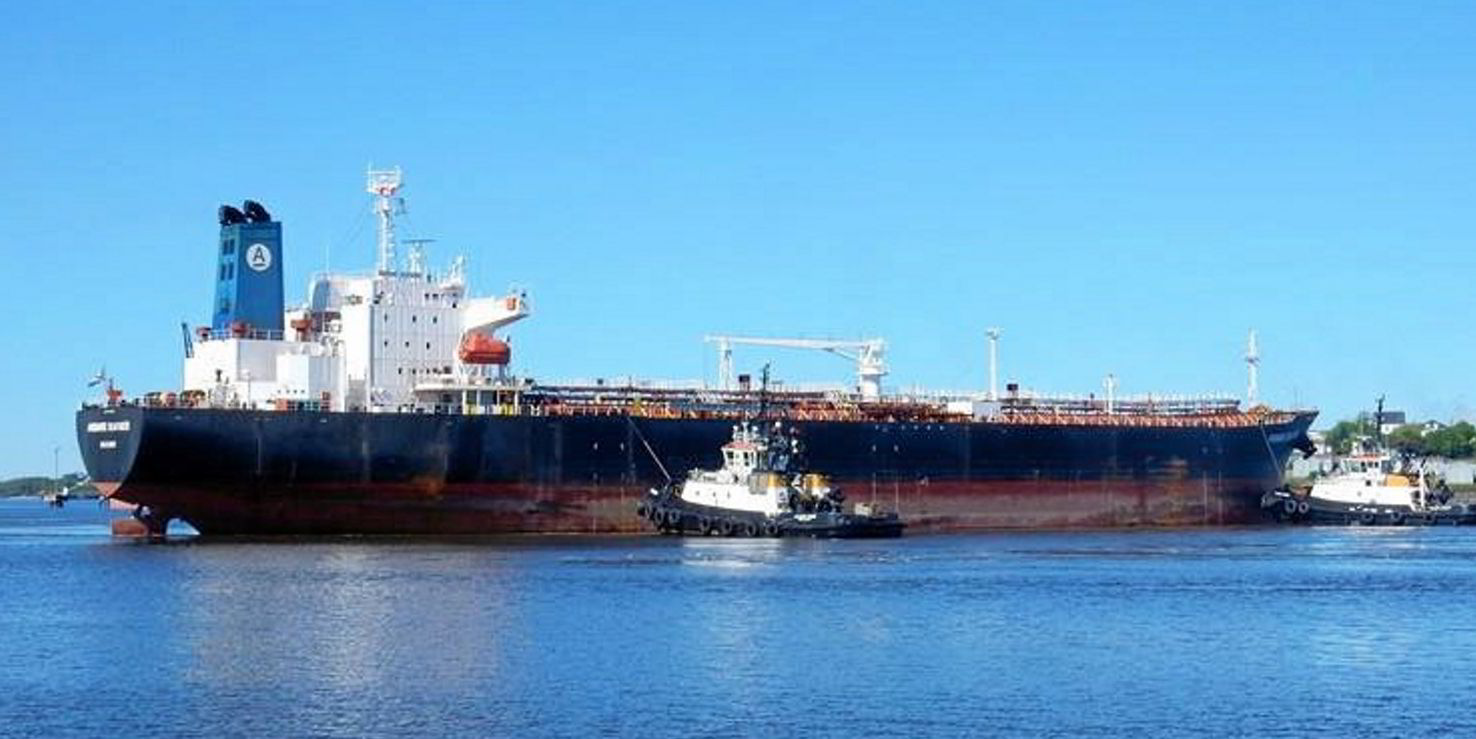
“In the short term, it’s clean products. In the longer term, it’s going to evolve more and more into these non-fossil fuels,” he told TradeWinds.
Ardmore cut CO2 emissions by 8% in 2020 through a range of efficiency measures and products.
Asked how reductions will continue to be made, Gurnee replied: “New things come along all the time. We’re trialing all sorts of things. About three-quarters turn out to be good.”
But where owners should put their money in terms of future fuels is a lot harder to answer.
“Anybody that says other than what about I’m about to say is probably not being honest, which is: We don’t know,” he said.
“There are probably technologies that will arrive that nobody is aware of right now.”
Gurnee added that the company will not necessarily be an early adopter unless there is a commercial rationale, “but we do want to experiment and find opportunities”.
The Ardmore fleet largely dates from between 2013 and 2015. The two oldest vessels were built in 2008, but Gurnee said: “Not all 13-year-olds are created equal.”
He explained that the Japan’s Onomichi Dockyard produces extremely fuel-efficient vessels.
The 2008-built Onomichi vessels will not be phased out due to efficiency concerns, but merely because charterer approvals will become more restricted after they turn 15, he said.
‘Wait and see’
“We could keep them until 18, but we’ll wait and see.”
As for newbuildings, he told TradeWinds: “It’s emotionally difficult for anybody to think about. When you talk about newbuildings with tanker companies these days, you just get this visceral reaction.”
This is very different from seven or eight years ago, “when we were all ‘ra, ra, let’s build as many ships as we can’.”
Ardmore will order new ships in the future, but will also continue to seek out attractively priced, fuel-efficient secondhand vessels.
“Supply will take care of itself because of the regulations around efficiency,” Gurnee said.
“And if the market's not there to support replacement vessels, then they won't be built, and the ships that are built will be zero-carbon or much more efficient.”
